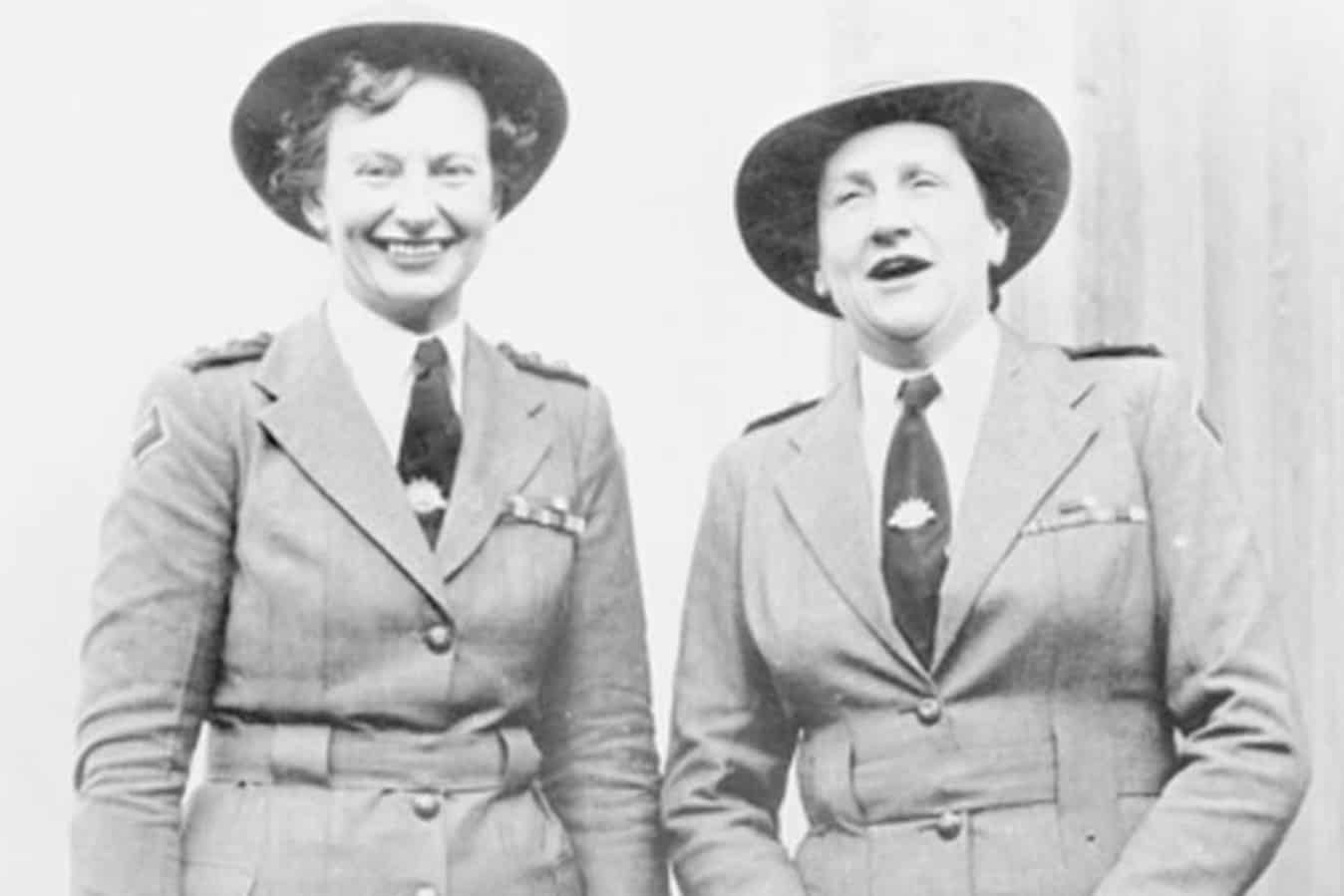A Clinical Nurse Consultant (CNC) undertaking a PhD investigating cancer related cognitive impairment commonly experienced by patients with lymphoma in a bid to develop supportive care interventions has taken out the Vivian Bullwinkel Award at this year’s Australian Nurses Memorial Centre (ANMC) scholarships night.
ANMC, a ‘living memorial’ to the sacrifice made by the 77 Australian nurses who died during World War II or survived years in prisoner-of-war camps, funds a number of scholarships annually to support nurses and midwives undertaking postgraduate study that advance the professions and improve patient care.
The Victoria-based centre was co-founded by nurses Vivian Bullwinkel, the sole survivor of the 1942 Bangka Island massacre, and Betty Jeffrey, who was also taken prisoner by the Japanese and kept a diary of her physical and mental battle to survive.
Priscilla Gates, a CNC at Austin Health’s Olivia Newton-John Cancer Wellness & Research Centre, where she is an autologous bone marrow transplant nurse consultant and nurse lead of the haematology survivorship clinic, took out this year’s Vivian Bullwinkel Award for her current PhD.
The study, which will include MRI’s, is aiming to assess lymphoma patients and their experience of cognitive impairment in order to find ways to minimise symptoms throughout and beyond treatment.
A haematology nurse for 25 years, Priscilla says she has always been passionate about supporting patients post-treatment and that spurred her on to develop the nurse-led survivorship clinic at the cancer centre.
“A lot of patients attending our clinic post-treatment describe this symptom or phenomenon of chemo brain or chemo fog, which is a quite distressing and disabling effect of cancer and cancer treatment,” Priscilla explains.
“The literature says it affects up to 75% of people. For some, this can be quite transient and subtle. But in other groups of people it can have an impact on their quality of life and ability to return to work or return to work in the same capacity. However, there’s very little evidence about its cause. Is it the cancer itself or the chemotherapy treatment? How long does it last for and what to do about it?”
Priscilla says most international studies to date have focused on breast cancer, with little work invested in lymphoma.
Her study, currently at the recruitment stage and which she believes to be the first of its kind in the world, will collect data on cognition before patients begin treatment and assess them mid and post-treatment, including neuroimaging, to generate novel answers surrounding cognitive impairment so that supportive interventions can be developed.
Priscilla describes nurse-led studies as incredibly important and says it’s positive to see more nurses given these types of opportunities.
“Nurses are the healthcare professionals that are with patients 24/7 and follow patients, particularly with cancer, through treatment and beyond, into long-term survivorship or palliative care, whatever that may look like for the person.
“We have an absolute wealth of knowledge about the person and their experience, so you can only imagine that knowledge and experience on a daily basis brings up questions about how to better care for this patient or how to improve the outcome for this patient.”
Priscilla’s great aunt, Lieutenant Bridget Hazel O’Dwyer, served as a nurse in World War II, so she says she has always felt a strong connection with the Australian Nurses Memorial Centre and its work to respect and honour the role nurses played in war. In addition to this, her father-in-law served as a British soldier in World War II.
When she embarked on her PhD she applied for the scholarship, which provides financial support to undertake her studies, and became more informed about the heroic story of Vivian Bullwinkel.
Vivian was the sole survivor of the Bangka Island massacre in 1942, in which 21 nurses from the SS Vyner Brooke were forced to walk into the ocean at gunpoint and shot in the back.
After being hit by a bullet from a Japanese machine gun, Vivian Bullwinkel floated face down in the sea and pretended to be dead.
She later spent twelve days in the jungle, tending to a wounded British soldier, but eventually surrendered and spent years in prison.
After the war, Vivian returned home and dedicated her life to the nursing profession and honouring the fallen.
“In preparing for my interview I was in awe of her,” Priscilla says.
“What an amazing, strong, independent woman that could self-sacrifice herself like that.”
Priscilla says receiving the award from John Bullwinkel, nephew of Vivian, was humbling.
“Nursing’s a demanding job as it is, particularly when you’ve been a nurse for decades like myself. Vivian’s story just shows above and beyond what a strong, dedicated bunch of people we are. It meant a huge amount to me and my family [to receive the award].”
Every year, the Australian Nurses Memorial Centre holds an ANZAC Commemorative service attended by families of nurses who lost their lives in World War II and those who returned, as well as an ANZAC Day lunch for people after they have marched or attended the dawn service, but this year’s celebrations have been cancelled due to the COVID-19 global pandemic.
At the Olivia Newton-John Cancer Wellness & Research Centre, Priscilla says nurses and healthcare professionals are banding together to pull through.
“On a broader level, I think what hospitals and healthcare professionals have done under these circumstances is incredible. The changes that have happened and the acceptance of the healthcare system and healthcare workers is inspiring.
“We are going on as business as usual because healthcare is a clock that keeps ticking and we are delivering the highest level of care we’ve always delivered, perhaps just under a different environment.”








